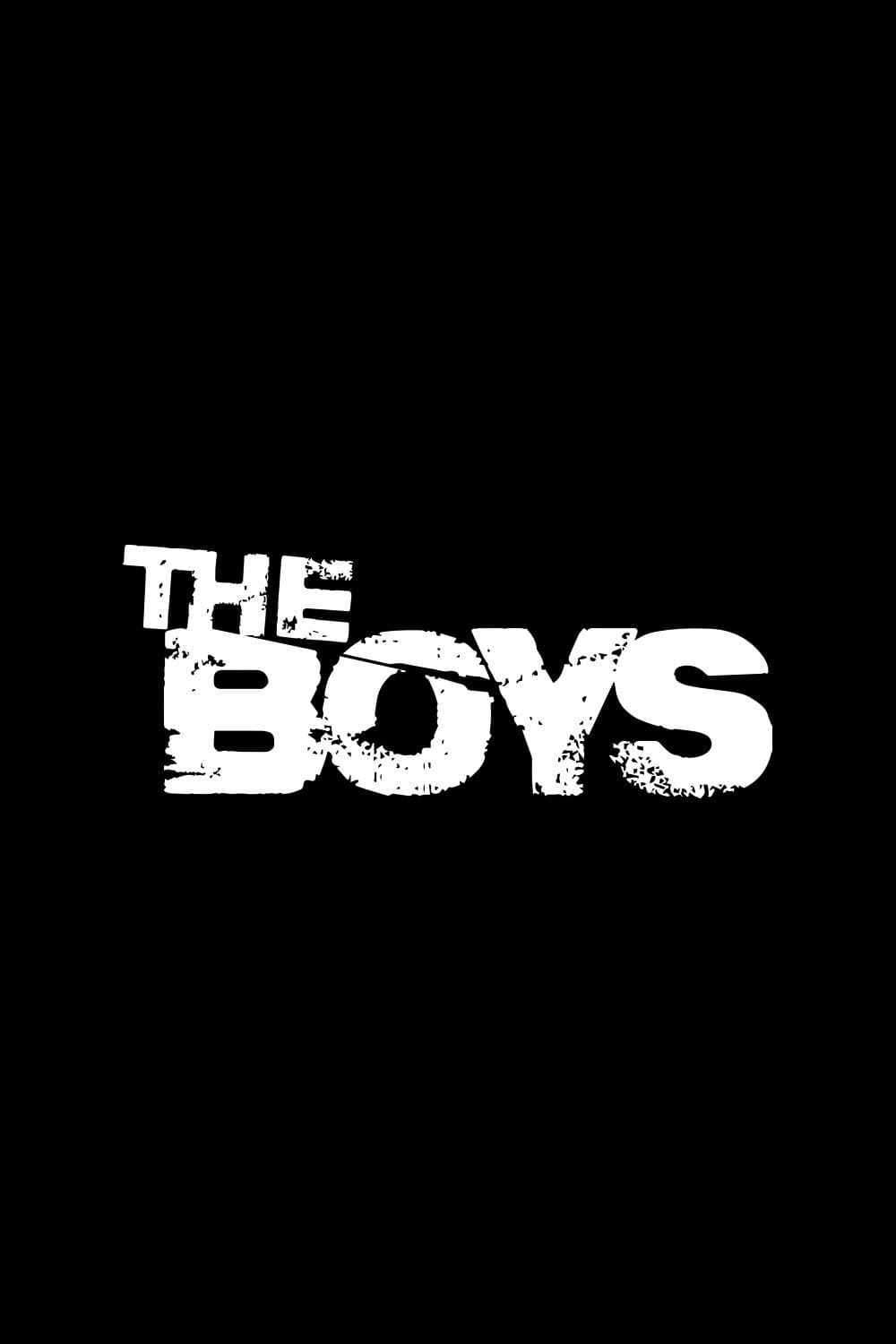But they’ve essentially been shoved off to the side and superheroes have continued like a juggernaut.
Ennis’s statement seems well-supported.
The genre has evolved sinceWatchmensdebut, and his work onThe Boysoffers commentary on the current state of superhero media.
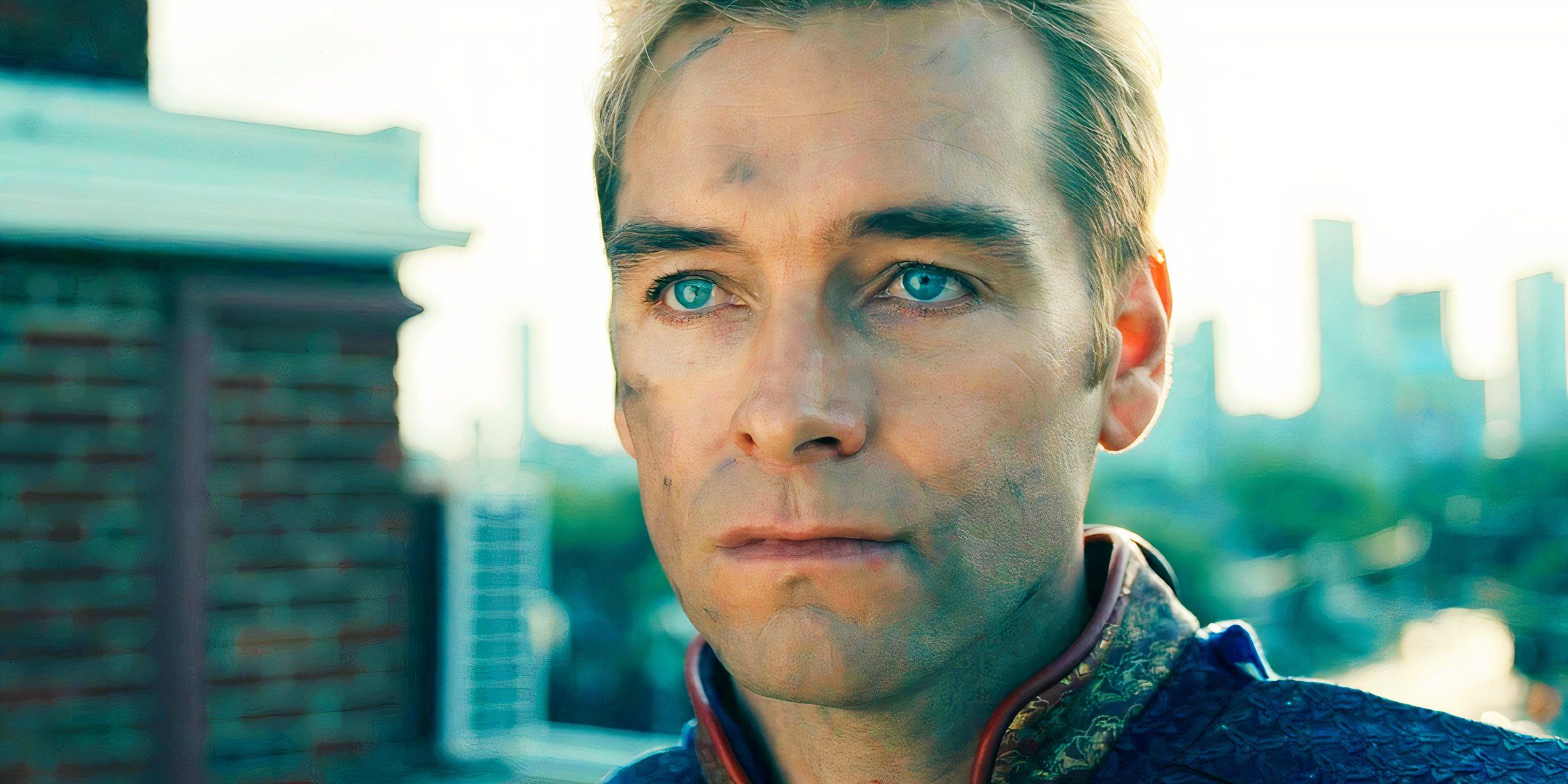
However, the success ofThe Boysseems to indicate that shared themes certainly resonate with fans now.
Instead of portraying heroes as paragons of virtue, it depicted them as complex, often deeply flawed individuals.
It showed the failings of those with god-complexes and how easily the role of a superhero could be abused.
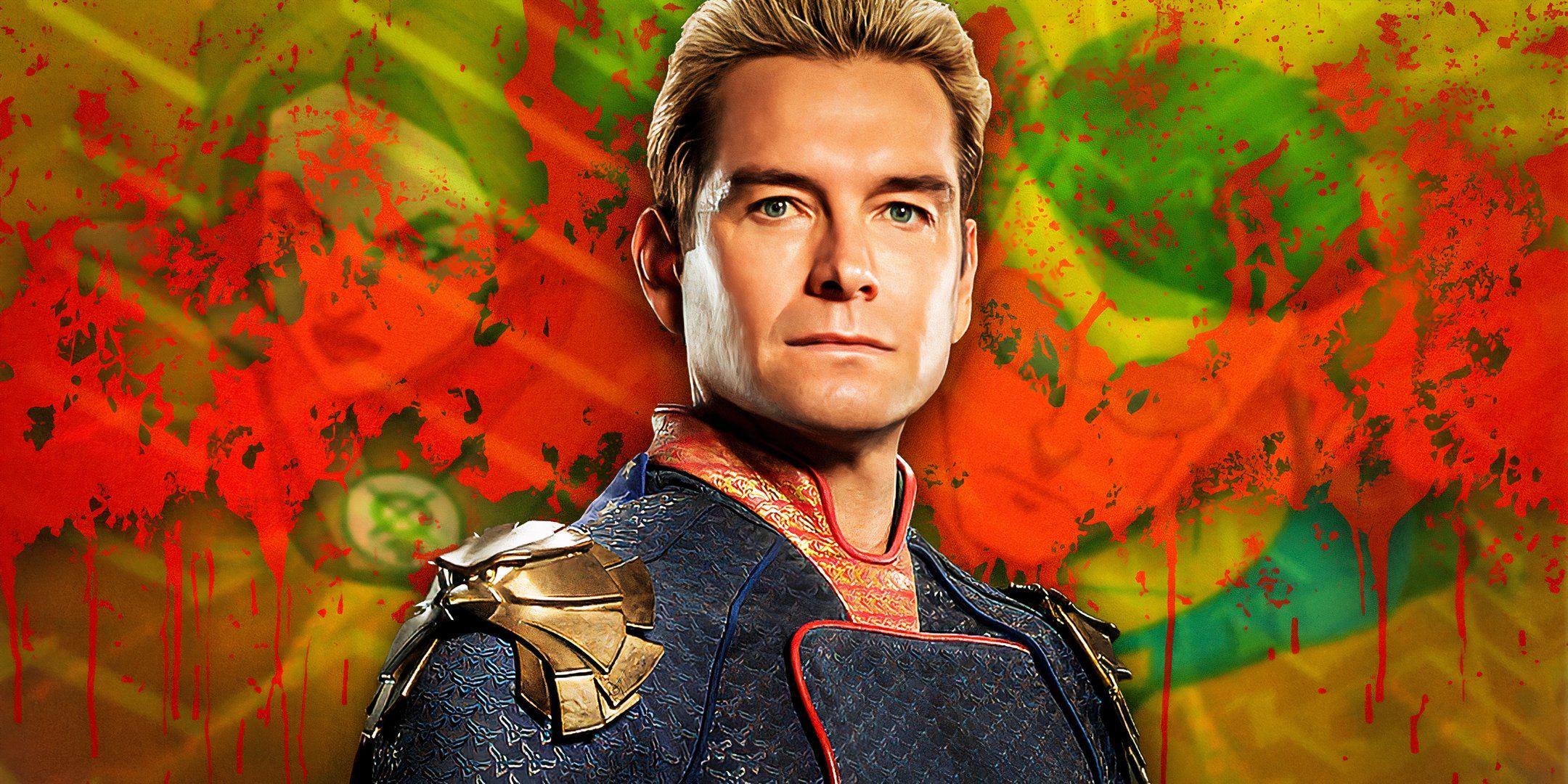
Is the Misrepresentation ofWatchmenin Pop Culture the Fault of Fans?
Or Is It Something Else?
The Boys is, in many ways, a necessary continuation of this conversation.
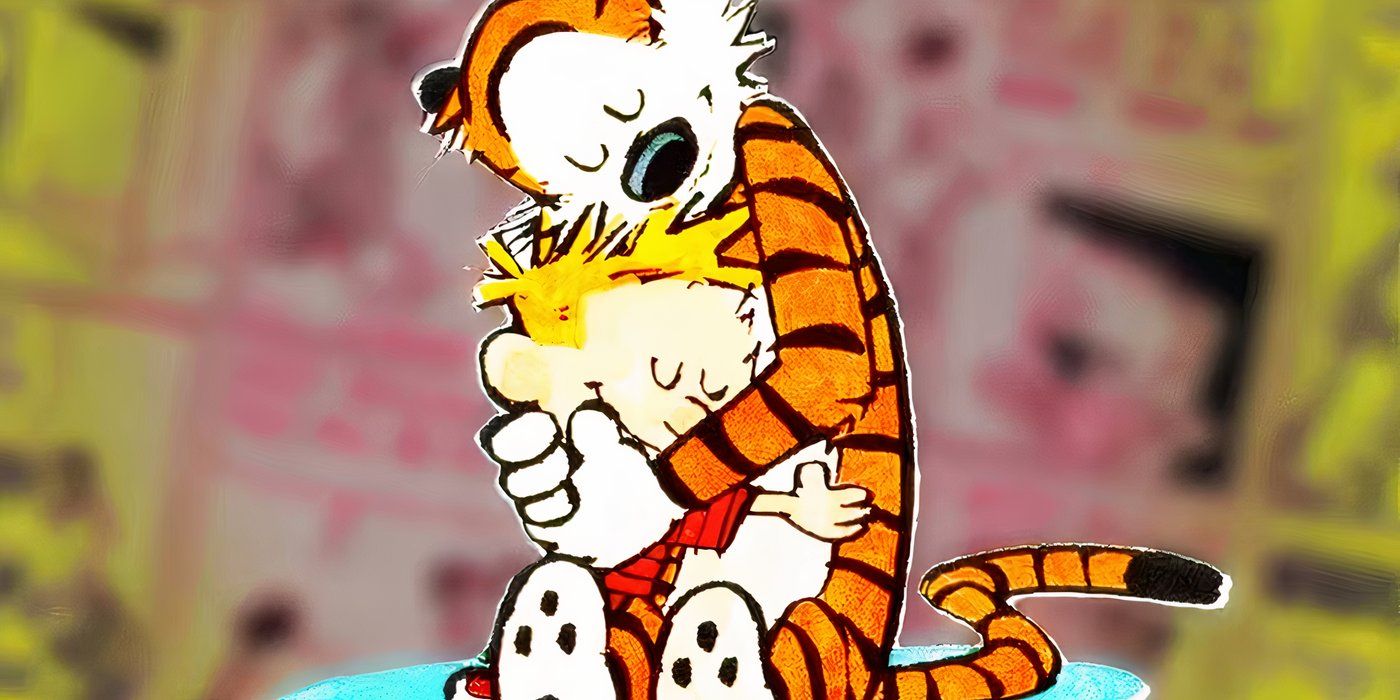
More recent works likeAvengers: EndgameandThe Flashare prime examples of this universal glorification of superheroes.
The result isa violent, chaotic world where the line between hero and villain is blurred beyond recognition.
WhereWatchmenwas subtle in its critique,The Boysis anything but.
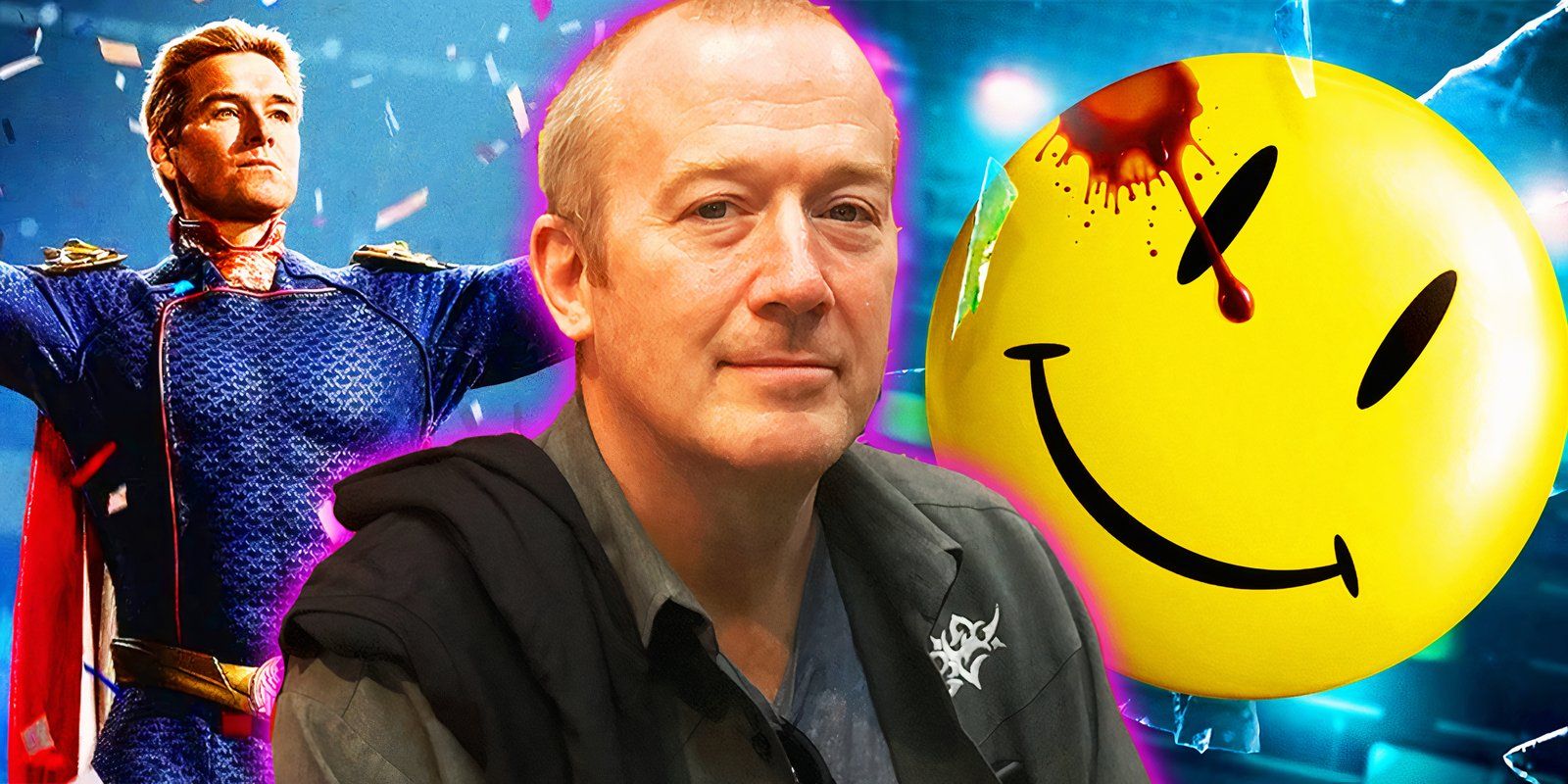
Custom Image by Dod Seitz
In both cases, the message is the same:absolute power corrupts absolutely.
Their superheroic depictions are a much more honest look at the human side of being super.
In the end,The Boysstands as both a tribute to and a continuation of the themesWatchmenestablished.
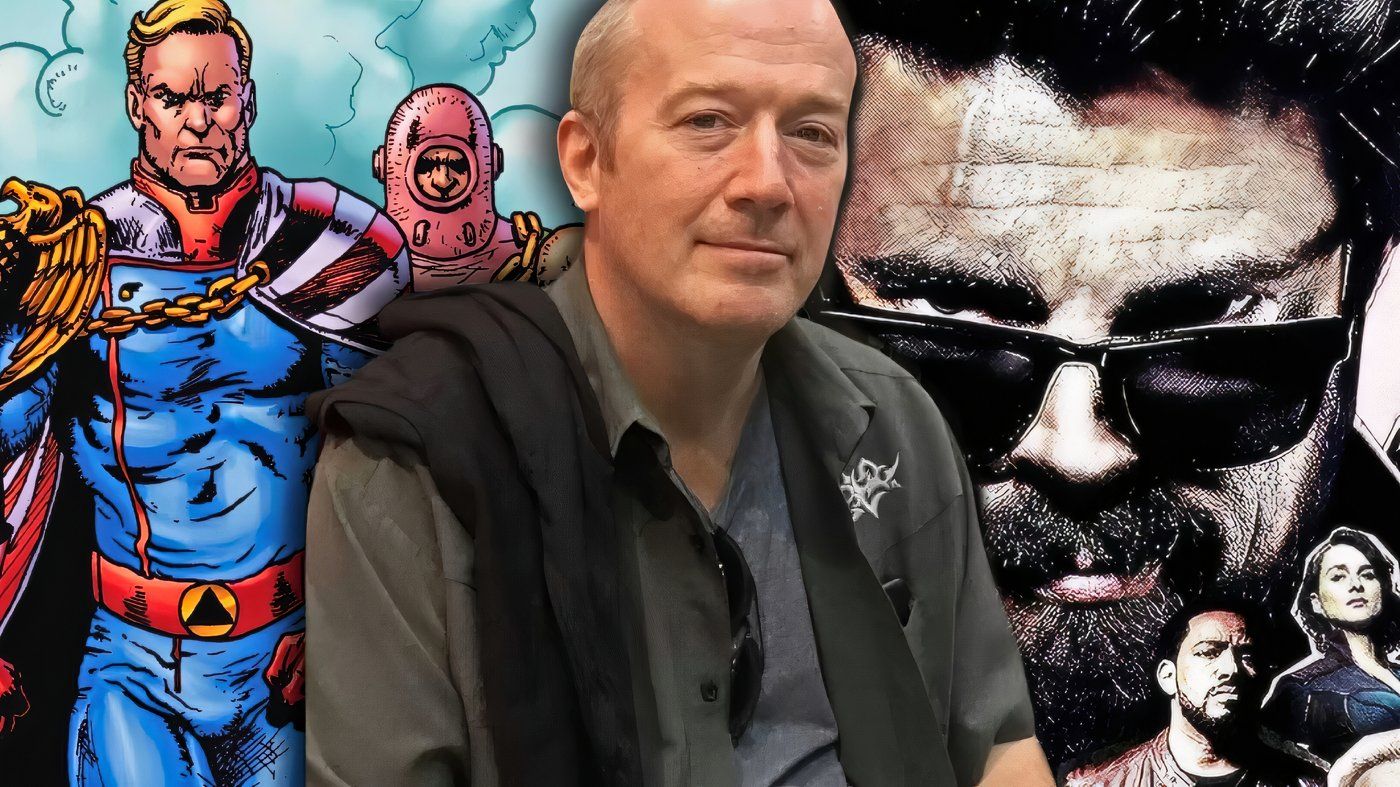
Custom Image by Milica Djordjevic
The Boysis available now from Dynamite.Watchmenis available now from DC Comics.
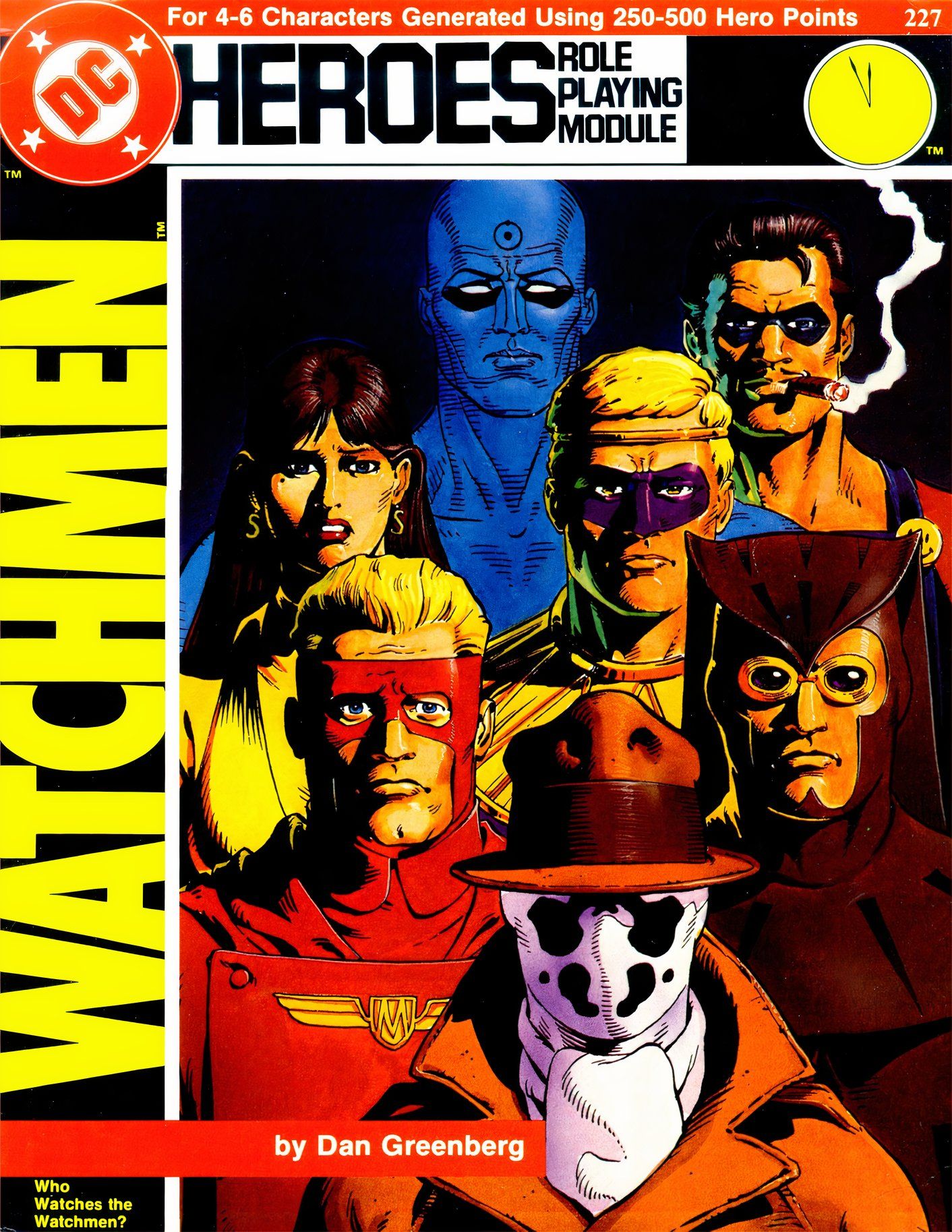
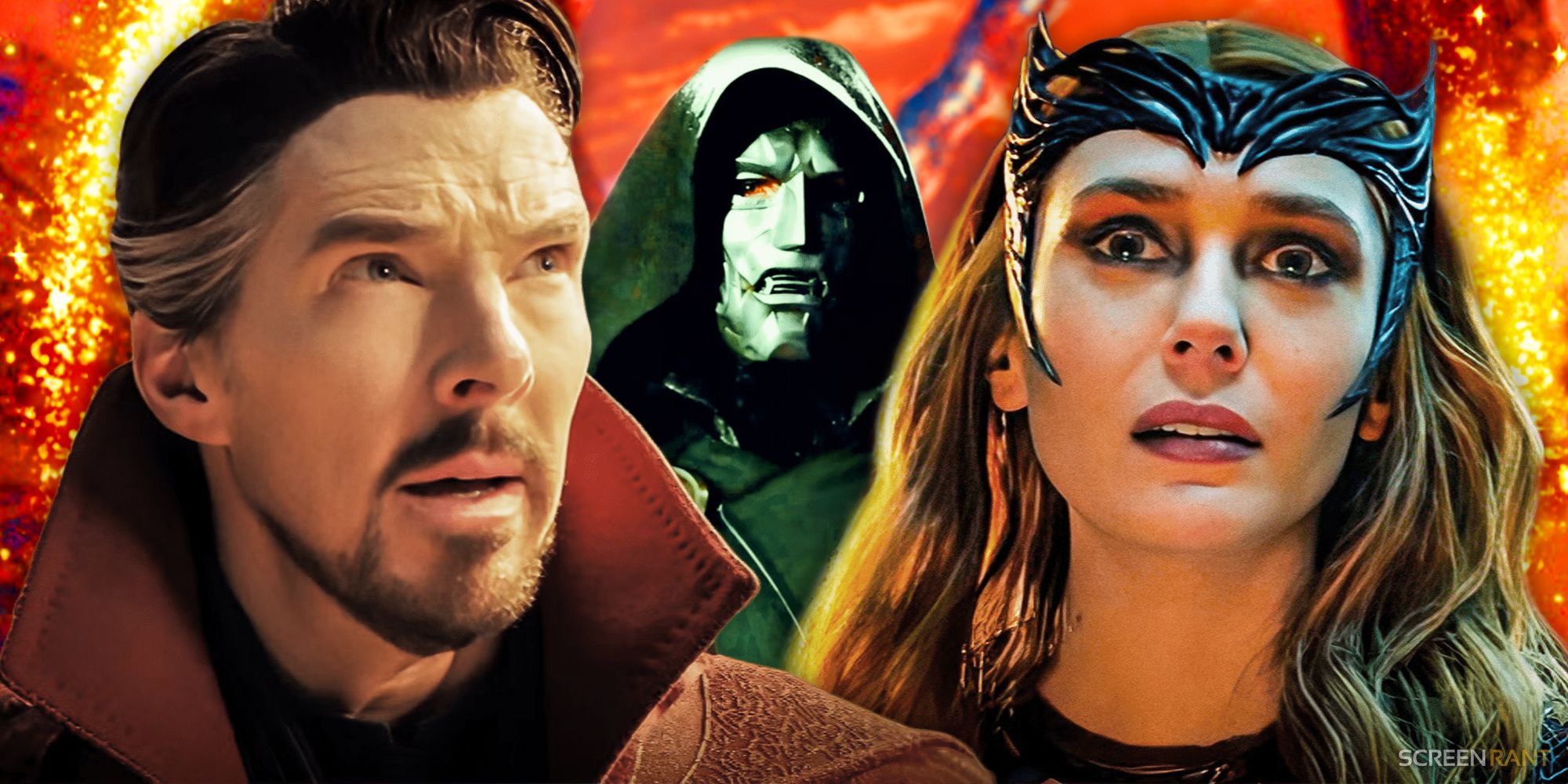
Custom Image by Milica Djordjevic
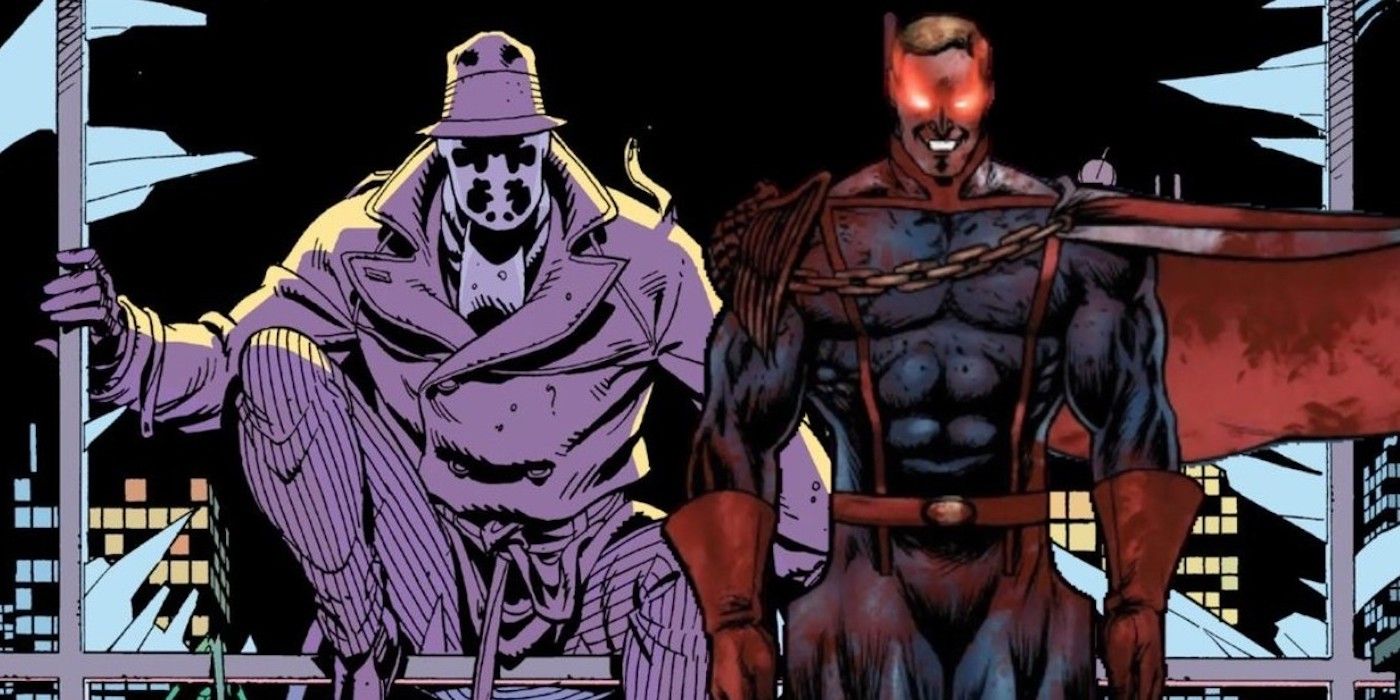
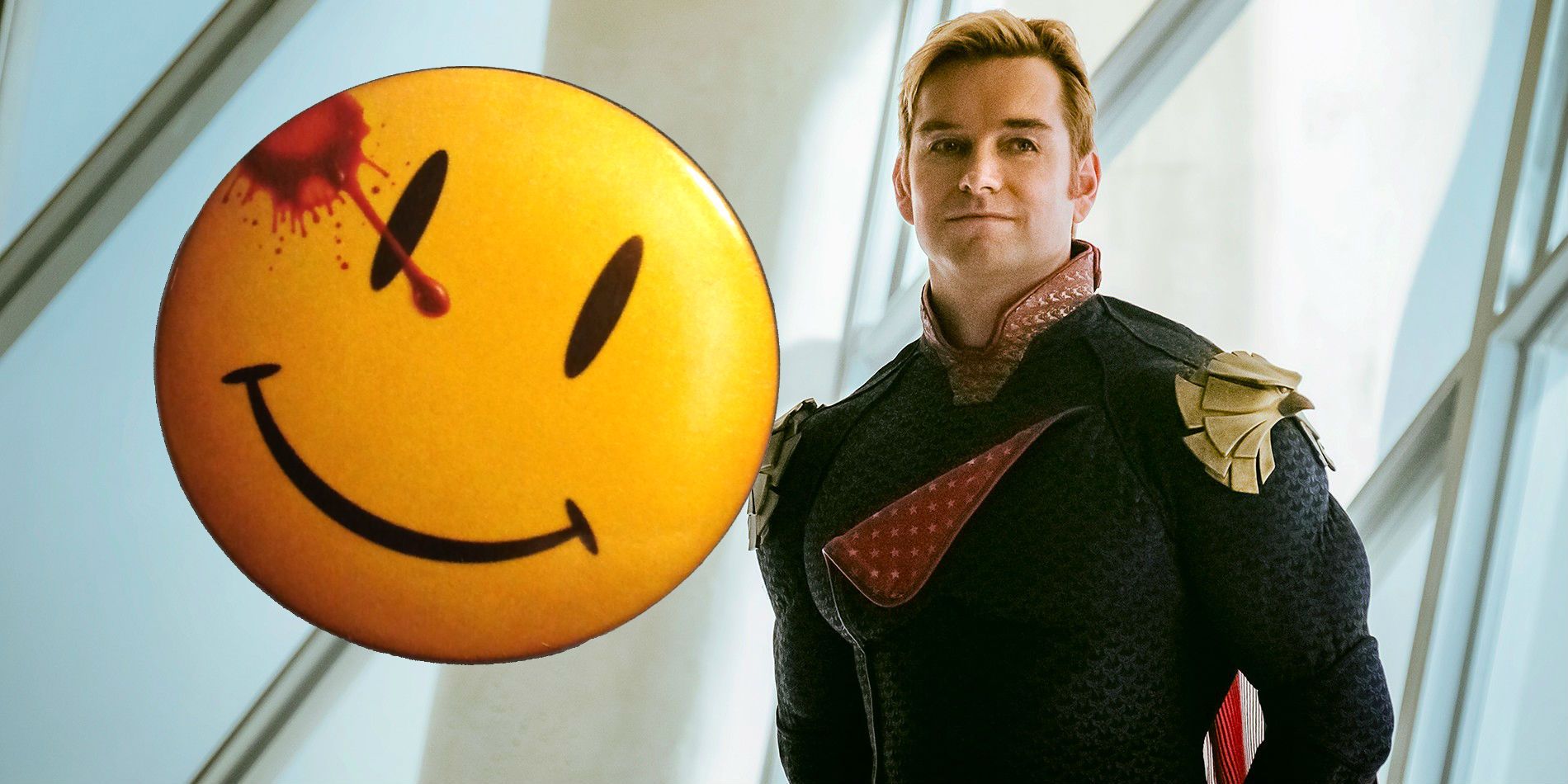
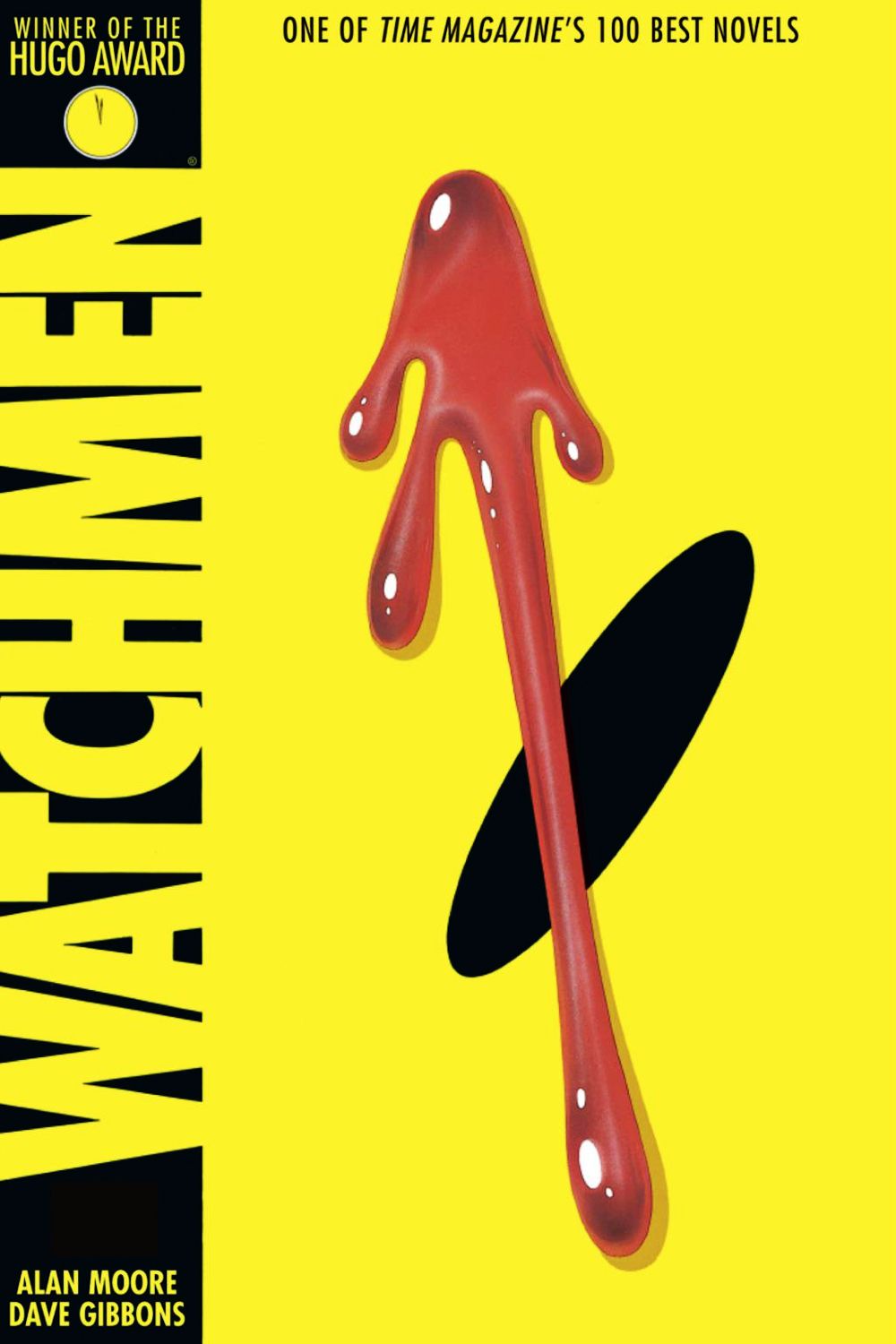
In the mid-eighties, Alan Moore and Dave Gibbons created Watchmen, changing the course of comics' history and essentially remaking how popular culture perceived the genre. Popularly cited as the point where comics came of age, Watchmen’s sophisticated take on superheroes has been universally acclaimed for its psychological depth and realism.
